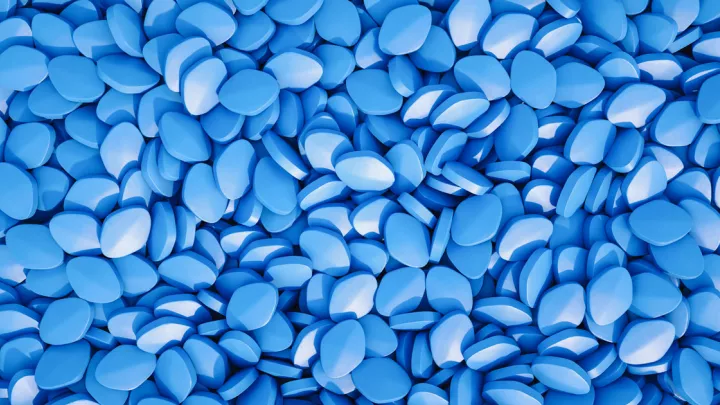Premature ejaculation: Roman Swipes, behavioral techniques and other treatment options

If you have experienced premature ejaculation (PE), know that you're not alone. About 25% of men in the U.S. are affected by long-standing PE and as many as one in three men will struggle with it at some point in their lives.
Premature ejaculation is when a man ejaculates earlier than he or his partner would like and often happens before or shortly after penetration during intercourse. "By definition, premature ejaculation is when ejaculation occurs within a minute of beginning intercourse, or time from penetration until ejaculation," says Chris Deibert, MD, specialist with the Nebraska Medicine Men's Health Program.
Frequent or ongoing PE problems can be frustrating for you and your partner. If it's affecting you or your relationship, making an appointment to see a urologist is a good place to start. There are a variety of potential causes to consider, which may or may not include physical, chemical or psychological factors. An honest conversation, thorough exam and ruling out any underlying conditions can help clarify the issue. Treatment can vary depending on the cause and may include behavioral therapy, counseling or medication.
If you struggle with PE, you have options
More men's health products are appearing on the market than ever before, offering more options with or without a prescription. Some over-the-counter products may provide temporary remedies, while others focus on methods or techniques.
While many of these can help, it's important to remain realistic. Keep in mind, "that an average time from penetration to ejaculation is five to six minutes," explains Dr. Deibert. "So we are not going to take a guy from a minute or less to 20 minutes. Most studies bear out that the treatment goal is helping a guy go from a minute or less up to two or three minutes."
Roman Swipes, delay sprays and other topical creams
Roman is a digital health company that claims its benzocaine wipes can help those with PE. Other products on the market include creams and sprays that may help decrease sensation, delaying ejaculation. "The swipes are merely a topical application of numbing medication," says Dr. Deibert. "They have long been used in the medical community to help men with this issue and are generally safe." As a precaution, be sure to allow the desensitizing agent to dry completely before sex to avoid transfer to your partner.
Behavioral techniques
Several behavioral methods that use exercises to help build tolerance may help, including:
- Sensory therapy of nonsexual intimate partner touching
- Hold-squeeze and start-stop methods. These techniques may help physically control an orgasm and help the man identify the sensation while learning how to control it
Counseling or therapy
Working through emotions, relationship issues or other mental health concerns may help figure out the source of the problem. A therapist may help find solutions, often along with behavioral and medical approaches.
Prescription medication
While there are currently no FDA-approved medications in the U.S. to treat PE, antidepressants may be used to help. "Many of these delay ejaculation as a side effect, so we use this side effect to help, explains Dr. Diebert. "We need to be clear, however, that trying these medications is not because you may be depressed or that it's in your head, but rather for the potential to help with ejaculation."
Premature ejaculation is a relatively common problem. If you are experiencing ongoing issues, consider making an appointment with a urologist. Although it may be uncomfortable to talk about, know that there are no wrong questions. Your doctor can help you rule out potential problems to help find a solution right for you.
For more information or to schedule an appointment at the Men's Health Program, call 800.922.0000.







